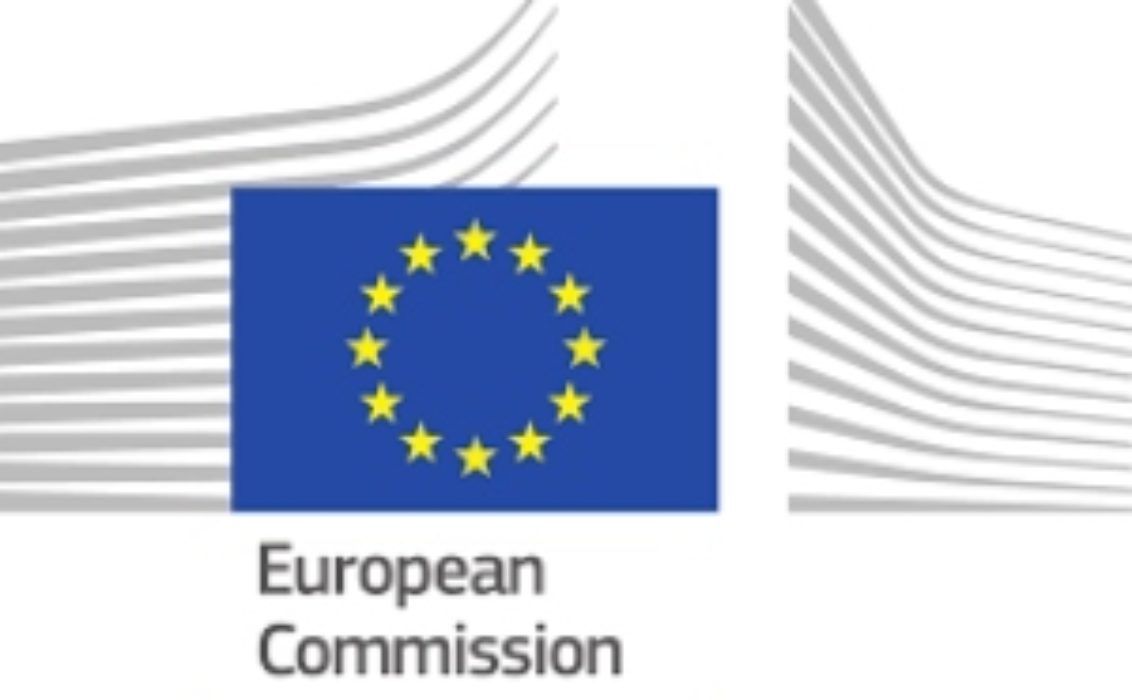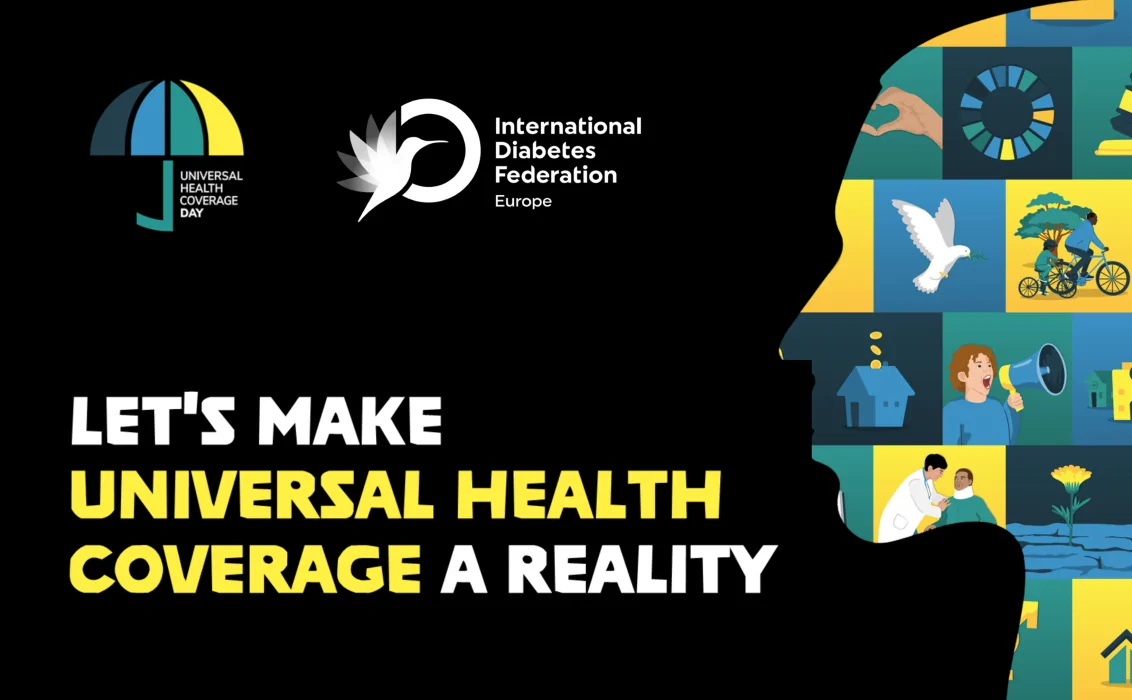On Thursday, February 4th, the European Parliament Committees on Environment (ENVI), and Agriculture (AGRI) held a public hearing to discuss the European Union (EU) Farm to Fork Strategy. This is an ambitious programme that aims to assist the EU’s transition to sustainable food systems. Some key points were made on the day that are of particular interest to people living with diabetes.
Olivier de Schutter, the co-chair of the International Panel of Experts on Sustainable Food Systems, highlighted the health risks associated with our current food and farming systems. More than half the adults in the EU are overweight and more than 20% are obese, while non-communicable diseases (NCDs) account for 80% of healthcare costs. These health risks exist in conjunction with additional and devastating environmental and socio-economic impacts. In his speech, de Schutter called for a common food policy across all EU Member States to address current inconsistencies such as anti-obesity strategies coexisting with agri-trade policies that make junk food cheap and abundant on the EU market. Prioritising the provision of healthy foods and environments in Europe will have wide-ranging benefits, particularly for people who are living with or at risk of certain types of diabetes and other NCDs, by helping address some of the conditions’ modifiable risk factors. A number of speakers made the point that we cannot rely solely on individual consumer choices in order to shift to a sustainable food system. We must create an environment in which the sustainable and healthy food choice is the most obvious one for the consumer. To this point, MEP Biljana Borzan stated that consumers cannot be blamed for their choices when the healthy and sustainable option is often not available, not identifiable and the most expensive one. Equal access to the best food options is still not guaranteed across Europe. This is critical as people living with diabetes can often face undue stigma due to the common misconception that diabetes is solely a behavioural disease, while ignoring its complex nature and the socio-economic and environmental factors associated with its development. Shifting a large part of the responsibility from the individual to appropriate decision-making and policy implementation is necessary in order to achieve this transition to sustainability.
Johan Rockström, director of the Potsdam Institute for Climate Impact Research, concluded his contribution with an impactful message. He stated that our food today is too cheap due to our current food system and that we must price food correctly while compensating low-income households. This would solve an issue earlier brought up by Olivier de Schutter who said that all too often low-income families have no other option but to go for cheap, unhealthy foods. He pointed out that people living in poverty are the worst affected by obesity and cardio-vascular disease associated with unhealthy diet. IDF Europe believes that addressing the existing inequalities in access to healthy foods will be a key challenge for the Farm to Fork strategy to overcome, however if it is achieved it will aid the transition to sustainable food systems in Europe which will have lasting benefits for all European consumers.
The ENVI and AGRI committees will now suggest amendments to the Farm2Fork strategy based on the discussion and topics proposed today during the public hearing.



